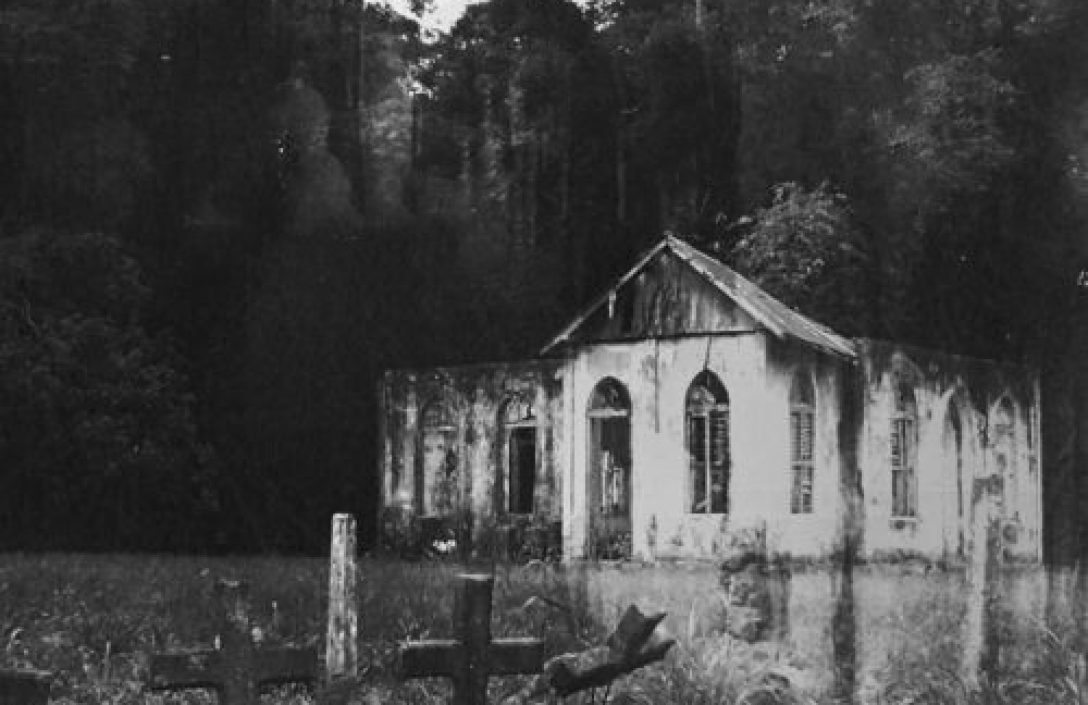Please give your interpretation of the conclusion of Wise Blood. How do you read the novel, in light of what you know, thus far, in regards to Gothic Literature, Post-War society, and O’Connor’s other works that you have read?
Month: September 2017
The Short Stories of Flannery O’Connor
For today’s post I would like you to choose one of the three short stories: “A Good Man is Hard to Find,” “A Temple of the Holy Ghost,” or “Good Country People,” and briefly begin with an overall impression of the story, writing style, and what aspects of the story you enjoyed or found perplexing. Step two requires commenting on one of the writing prompt options below (from the story you chose):
“A Good Man is Hard to Find”
- This story, more so of the three, tends to shed light on the 1950’s South’s anxiety towards modernization, racial desegregation, and coping with a cultural history steeped in racism and Civil War for over one-hundred years. All of this is framed within the booming Post-World War II economy and U.S. prestige overseas. Pinpoint some evidence in the story that highlights some of these cultural anxieties (such as New South vs. Old, etc.).
- In your opinion, what is O’Connor’s allegorical message with the use of the shockingly violent climax and conclusion? If you are unsure, perhaps speak on the masterful way she frames the narrative.
“A Temple of the Holy Ghost”
- In what ways does O’Connor illustrate the taboo nature of “adult knowledge” through the naivety of the child protagonist? In other words, how does the narrator “imply” that the two girls are beginning to understand sexuality?
- In your opinion, did the young protagonist come to a religious epiphany or not? Why or why don’t you believe so? How does the story she overhears from her cousin–in regards to the “freak show tent”–influence her understanding?
“Good Country People”
- In your opinion, what does the phrase “Good Country People” mean in relation to the characters, or character, in the story?
- Who is the protagonist in the story, and why does the perspective shift halfway through the story from Mrs. Hopewell to Hulga? What is O’Connor’s intentions in this narrative shift?
“The Turn of the Screw” and Poe Stories
Once you have finished Henry James’s The Turn of the Screw, I would like you to briefly give your reaction to the story. In this essence, I don’t want a simple “it was great” or “it was boring” reaction. I would like a degree of analysis to be done, especially in light of whether or not you believe the protagonist to be wholly sane or simply relieving some type of projected manifestation of past traumas. With this analysis, give some textual details into what you are arguing about the book so that we can engage in a discussion on Thursday. Below I have posted some prompt ideas that may get you started:
- What is the novella saying about Victorian morals or domestic ideology?
- What is the source of the protagonist’s horror? Is it merely ghosts or something more sinister?
- How does the novella’s denouement effect the first chapter and why Douglas keeps the manuscript locked in a drawer? What is the symbolism of the book being “locked away”?
- Could the telling of the story be a form of therapy for the governess? If so, why does she send it to Douglas before dying?
- Why is the governess so concerned with keeping the children safe from ‘corruption?’ How does she know the nature of being ‘corrupted,’ and why is she obsessed with it?
- Do you believe that her narrative truly happened or is it merely a “fantasy gone wrong?”
- How do the instances of mirror images or “doublings” within the book affect the symbolic horror the governess faces?
- Are there thematic or symbolic connections between Turn of the Screw and the Edgar Allan Poe stories we read for today (hint: there are)?



